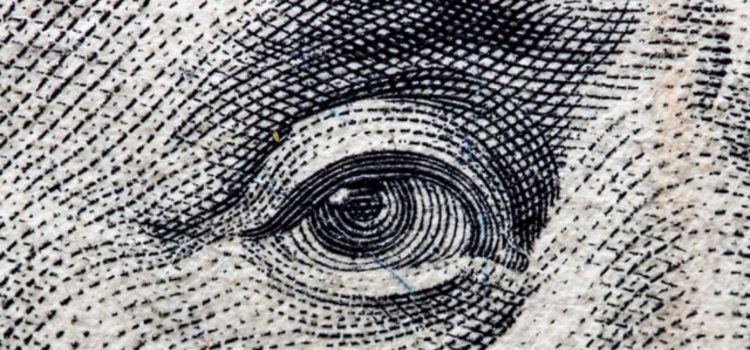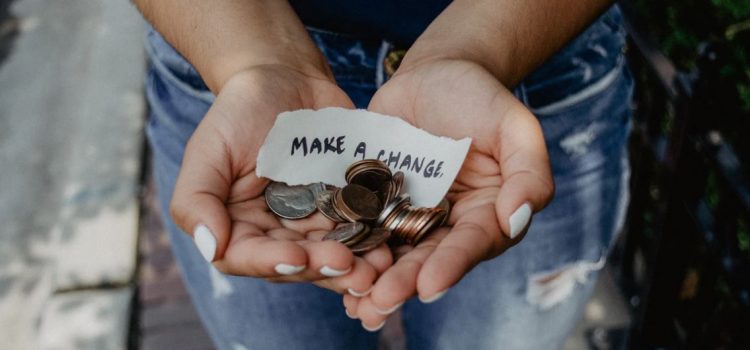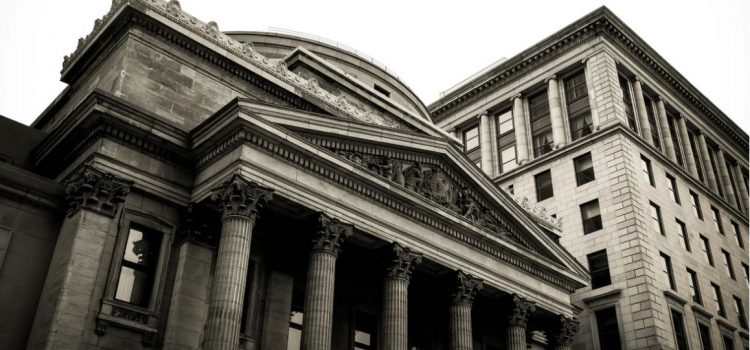Do you want to put together a long-term financial plan? Why should you be sensible, rather than logical, when planning for the future? To be logical is to make a decision based on known facts, while to be sensible is to show sound judgment. They are similar, but they are not the same. In his book The Psychology of Money, Morgan Housel suggests making sensible decisions when making a long-term financial plan because it will put your mind at peace. Here’s how to create a feasible financial strategy, according to behavioral finance expert Morgan Housel.
How to Put Together a Long-Term Financial Plan










